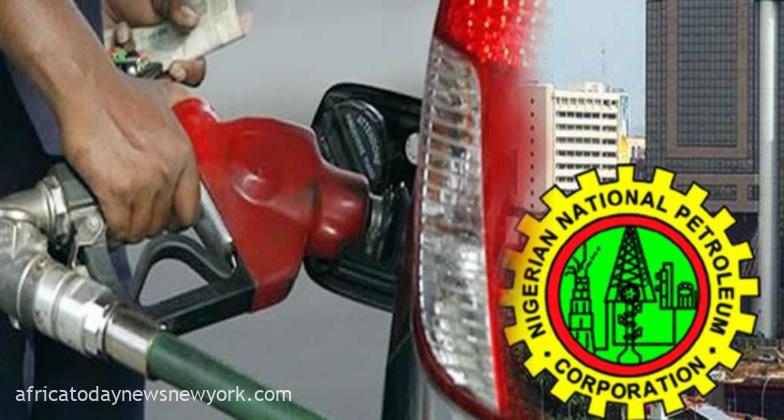The Federal Government of Nigeria has stated that the amount spent on subsidising Premium Motor Spirit, popularly known as petrol, between 2005 and 2021 was ₦13tn, adding that the country lost ₦16.3tn to oil theft from 2009 to 2020.
It made this disclosure on Friday in Abuja through the Nigeria Extractive Industries Transparency Initiative at a policy dialogue on oil swap, co-hosted by NEITI and Policy Alert, an indigenous civil society organisation, with support from the Opening Extractives.
In a presentation by NEITI’s Executive Secretary, Orji Ogbonnaya-Orji, which was made available to our correspondent, he said there was an urgent need to make a decision on the agitation for the removal of fuel subsidies.
He stressed that the full deregulation of the petroleum sector would permanently lay to rest the conversation around oil swaps, adding that latest findings by NEITI showed the humongous amount spent on subsidising fuel by the government.
Read Also: Sylva’s Resignation As Petroleum Minister Confirmed By FG
‘NEITI’s latest policy brief titled, ‘The cost of fuel subsidy: A case for policy review,’ revealed that Nigeria expended over N13tn ($74bn) on fuel subsidies between 2005 and 2021.
‘The figure in relative terms is equivalent to Nigeria’s entire budget for health, education, agriculture, and defence in the last five years, and almost the capital expenditure for 10 years between 2011 2020. It is also important to note other economic opportunity costs of fuel subsidy which include slashing allocations for the health, education, and technology infrastructure sectors.
‘Others include the deterioration of the downstream sector with the declining performance of Nigeria’s refineries and recording zero production in 2020; disincentivised private sector investment in the down and mid-stream petroleum sector; low employment generation since the refining process is done outside the shores of Nigeria; worsening national debt; declining balance of payment, forex pressures and depreciation of the naira and of course product losses, inefficient supply arrangements, scarcity, and its attendant queues, etc,’ Orji stated.
On crude oil theft, he said NEITI policy brief and data pulled from industry reports of the oil and gas sector ‘showed that between 2009 and 2020 (12-year period), Nigeria lost 619.7 million barrels of crude oil valued at $46.16bn or N16.25tn.
Orji explained that the volume of crude oil losses represented a loss of more than 140,000 barrels per day, adding that between 2009 and 2018, Nigeria also lost 4.2 billion litres of petroleum products from refineries valued at $1.84bn.
